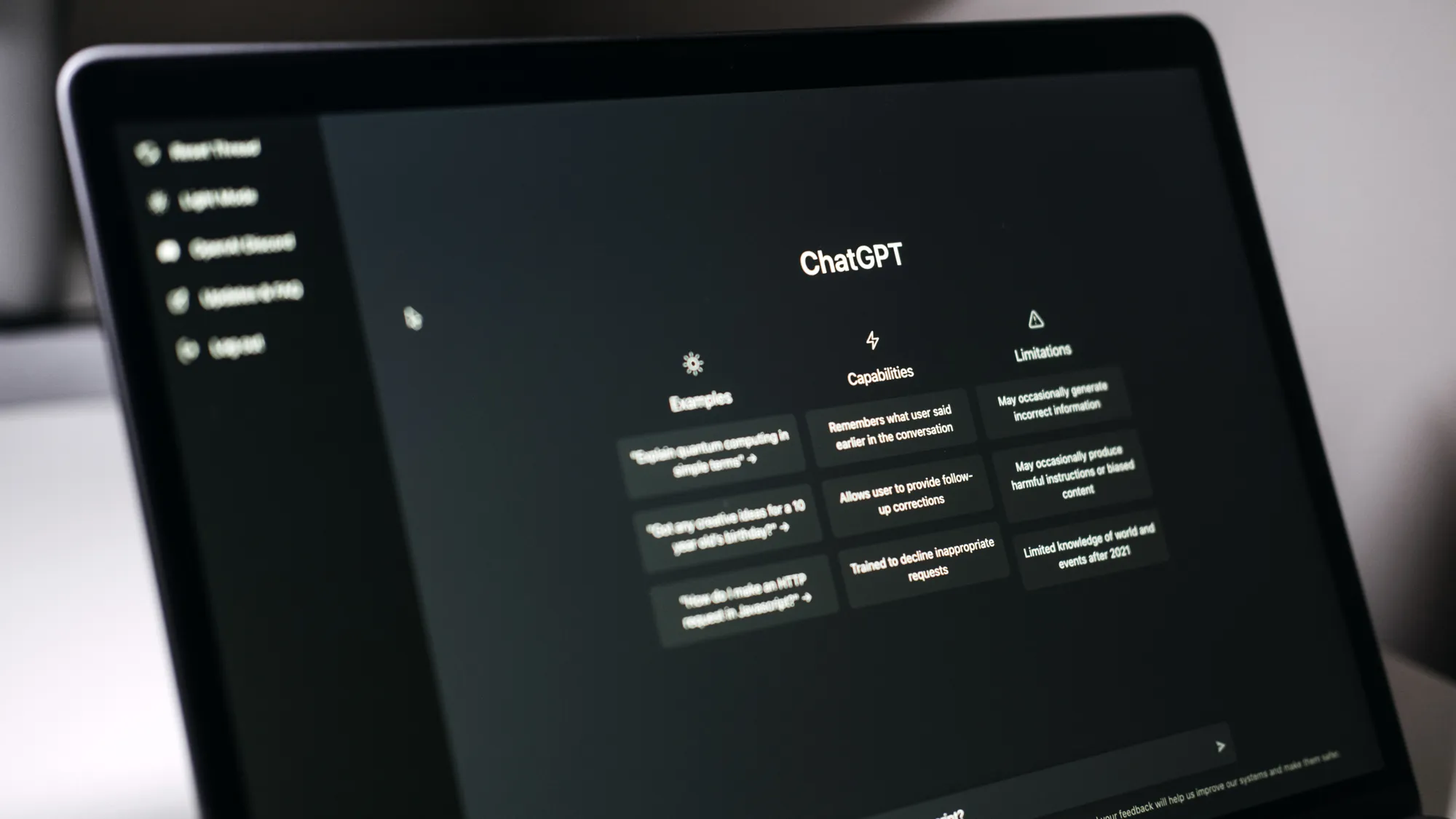Generative Engine Optimization (GEO), also known as Large Language Model Optimization (LLMO) or AI Optimization (AIO), is the process of optimizing content to be discovered and included in AI-generated answers from platforms like Google AI Overviews, ChatGPT, Perplexity, and Claude. It goes beyond traditional SEO by aiming for your brand and content to be picked up by LLMs and referenced in their responses.
Here is a list of key GEO factors:
Content: LLMs prioritize content that is concise, conversational, and semantically rich.
Lead with Answers: Start sections by summarizing key points in the first few lines.
Write Conversationally: Use natural language, as if speaking to a human, avoiding robotic or keyword-stuffed phrasing.
Use Semantic Keywords: Incorporate clusters of related phrases that map to user intent rather than just exact-match terms.
Chunk Your Content Logically: Organize content with clear subheadings (H2s for main topics, H3s for subtopics), bullet points, numbered lists, and short paragraphs to facilitate extraction of snippets by LLMs.
Include FAQs: LLMs frequently reference FAQ sections, especially for AI Overviews and zero-click results. Use natural language for questions and provide concise answers, ideally 2-3 sentences.
Accuracy and Credibility: Ensure factual reliability by citing authoritative sources like studies, reports, or expert opinions, and include “Last Updated” timestamps for transparency. Content with quotes or statistics can have 30-40% higher visibility in AI answers.
Use Contextually Relevant Examples: Include analogies, scenarios, or simplified workflows to clarify complex topics.
Incorporate Rich Media: Add descriptive alt text to visuals and infographics, as multimodal LLMs use these cues to contextualize visual data.
Internal Linking: Create a strong internal linking strategy with descriptive anchor text to improve contextual relevance and help LLMs understand relationships between pages.
Develop User-Generated Content (UGC): LLMs often tap into reviews, forums (like Reddit, Quora, Stack Overflow, Discord), and community answers. Encouraging UGC about your brand can build trust and visibility, especially for commercial queries and widely used products.
Answer Question-Based Queries: Focus your content strategy on questions users are likely to ask AI chatbots, rather than just traditional keywords.
Authority: LLMs evaluate authority through entity recognition, co-citations, and factual reliability.
Earn Mentions and Links from Reputable Sources: Seek mentions in industry publications, contribute expert commentary, and publish original research that others cite. Brand mentions, even without direct links, are important for LLMs.
Be Present in Trusted Data Sources: Ensure your brand is listed in public knowledge bases like Wikipedia, Wikidata, and Reddit, as these are indexed in LLM training sets.
Leverage Co-Citation and Co-Occurrence: Being mentioned alongside credible sources (e.g., competitors, key terms, concepts) boosts your brand’s perceived expertise and helps AI tools understand your market position.
Cite Credible Experts: Incorporate verifiable data, statistics, and attribution in your content to help LLMs recognize it as trustworthy.
Own Your Topical Niche: Publish a dense cluster of content around one subject to build semantic depth and establish yourself as a topical authority.
Stick with SEO Best Practices: A solid SEO strategy, including comprehensive keyword research, internal linking, and a strong backlink profile, signals authority to LLMs because they are trained on public data, including search engine sources.
Build Trust with Google’s Knowledge Graph: Many LLMs tap into the Knowledge Graph to generate responses. Consistent citations, claiming your Google Business Profile, and submitting your entity to Google via Search Console can help your brand appear there.
Align Brand Messaging Across Web Properties: Maintain consistent brand identity (Name, Address, Phone – NAP) across all online channels, including social platforms, business directories, and review sites. LLMs can assess the sentiment of content, so positive and updated reviews are crucial.
Digital PR: Engage in digital PR efforts that increase brand presence and authority, such as publishing original research or thought leadership pieces that can be cited by major publications.
Performance :This focuses on how well your content can be parsed, retrieved, and trusted by AI systems.
Implement Schema Markup: Use structured data like FAQ, How-To, Article, and Organization schema. This helps LLMs understand the content’s role and purpose, though some LLM crawlers may skip JavaScript-injected JSON-LD.
Ensure Crawlability and Indexability: LLMs need to access your website’s content. Verify that your `robots.txt` isn’t blocking LLMs or search engines, and minimize reliance on JavaScript, opting for server-side rendering where possible.
Maintain Fast Load Speeds: Slow, clunky sites hurt user experience and can cause LLMs to deprioritize your content.
Optimize Metadata: Write clear, concise meta titles (under 60 characters) and descriptions (under 155-160 characters) that summarize content and include semantic keywords to increase chances of appearing in featured snippets and AI Overviews.
Enable HTTPS and Mobile Optimization: Secure, mobile-friendly content is preferred by LLMs and aligns with user expectations.
Experiment with `llms.txt”: This proposed protocol (similar to `robots.txt`) can guide LLM crawlers on how to access and use site content, potentially improving factual accuracy, relevance, and completeness of AI responses, although its adoption is still early and inconsistent.
Entity: LLMs form mental maps of your brand and its relationship to topics, keywords, and industries. Entity optimization helps influence these associations.
Own Your “About” Page: Clearly communicate who you are, what you do, and where you’re cited, using proper schema (Organization, Person, Product).
Consistent Alignment Across the Web: Ensure your brand’s bios, descriptions, and NAP (Name, Address, Phone) information match everywhere. Inconsistencies can weaken trust and confuse LLMs.
Use Structured Data to Define Relationships: Explicitly define how your people, products, and services are related using schema markup like `sameAs`, `knows`, or `affiliation`.
Build a Multi-channel Entity Optimization Strategy: Connect your brand name to relevant entities across various online channels (articles, YouTube videos, Reddit posts) to maximize chances of appearing in AI responses.
Prompt the LLMs: Regularly ask LLMs like ChatGPT or Gemini, “What do you know about [Your Brand]?” to audit their perception and identify gaps to fill with optimized content or citations. Entity optimization is considered more important than traditional keyword optimization.













